'Melancholia' Movie Review And 10 More Apocalypse Films [PHOTOS & VIDEO]
Melancholia is a movie whose review could be encapsulated in the first ten minutes or so of the film, a classic Lars Von Trier dreamscape in which the end of the world is painted in a series of images as entrancing as they are deeply disturbing, and as slightly off in their connecting themes as the characters are themselves.
Melancholia is essentially two movies, woven together by the feelings both stories generate. The first story is Justine's (Kirsten Dunst), about an unhappy bride struggling to bury her rather existential depression in a quick, uber-expensive wedding. The second story is supposedly that of Claire, Justine's sister, the centered and sensitive counterweight to Justine's piercingly honest and unfailingly fatalistic worldview.
But the true second story is not that of Claire, but of Melancholia itself, an unidentified sky-speck scientists discover is in fact a planet hurtling towards Earth. As humanity, represented largely by Claire's husband John (Kiefer Sutherland) and his trusty telescope, sits smugly in the scientific assurance that the collision will be a near miss, both sisters find themselves expecting apocalypse instead.
Claire is undone by the revelation, but for Justine, it is a moment in which she is finally at one with the universe. Vindicated in her depression, but also (and more crucially) experiencing a oneness with her mother Earth in a way that was not possible when life was a certainty, Justine is finally connected to the planet about to be destroyed.
Life on Earth is evil, Justine says, nobody will miss it. As Dunst luxuriates naked in the glow of a planet destined to destroy both her and all life on the planet, and as the residents of Earth play out their usual Von Trier dance of bitterness and bluntness, it's hard, in this filmic universe, not to be on Justine's side.
Such a feat is largely due to Kirsten Dunst herself, who after years of movies that did far too little to push her as actress has finally found a director worthy of her talents. Dunst is nothing short of mesmerizing in Melancholia, and Charlotte Gainsbourg, as level-headed sister Claire, returns to Von Trier's film universe to play a deeply fleshed-out and engaging character, her role blessedly free of the shock-value antics of her last Von Trier role in Antichrist. Sutherland, and Andrew Skarsgard as Dunst's fiancée, complete a strong ensemble cast.
The two stories in Melancholia don't quite fit together as seamlessly as Von Trier seems to expect. Justine's depression and its planetary symbol funcion best when the images of Dunst and the oncoming planet are allowed simply to co-exist and intertwine, avoiding the Von Trier fallback of extended zoom-ins and overly nasty dialogue. When the director allows his allegory to speak on its own, the movie goes from typical Von Trier fare, destined to depress and (for some) infuriate, to a truly ecstatic cinematic experience, one that stays with viewers long after the credits have stopped rolling.
Below, watch the Melancholia movie trailer, and click through our slideshow for ten more apocalypse movies that go beyond the category of disaster film and deliver a truly transporting and transcending experience at the movies. Did we miss any movies in our countdown? Let us know in the comments section.
Melancholia Movie Trailer:

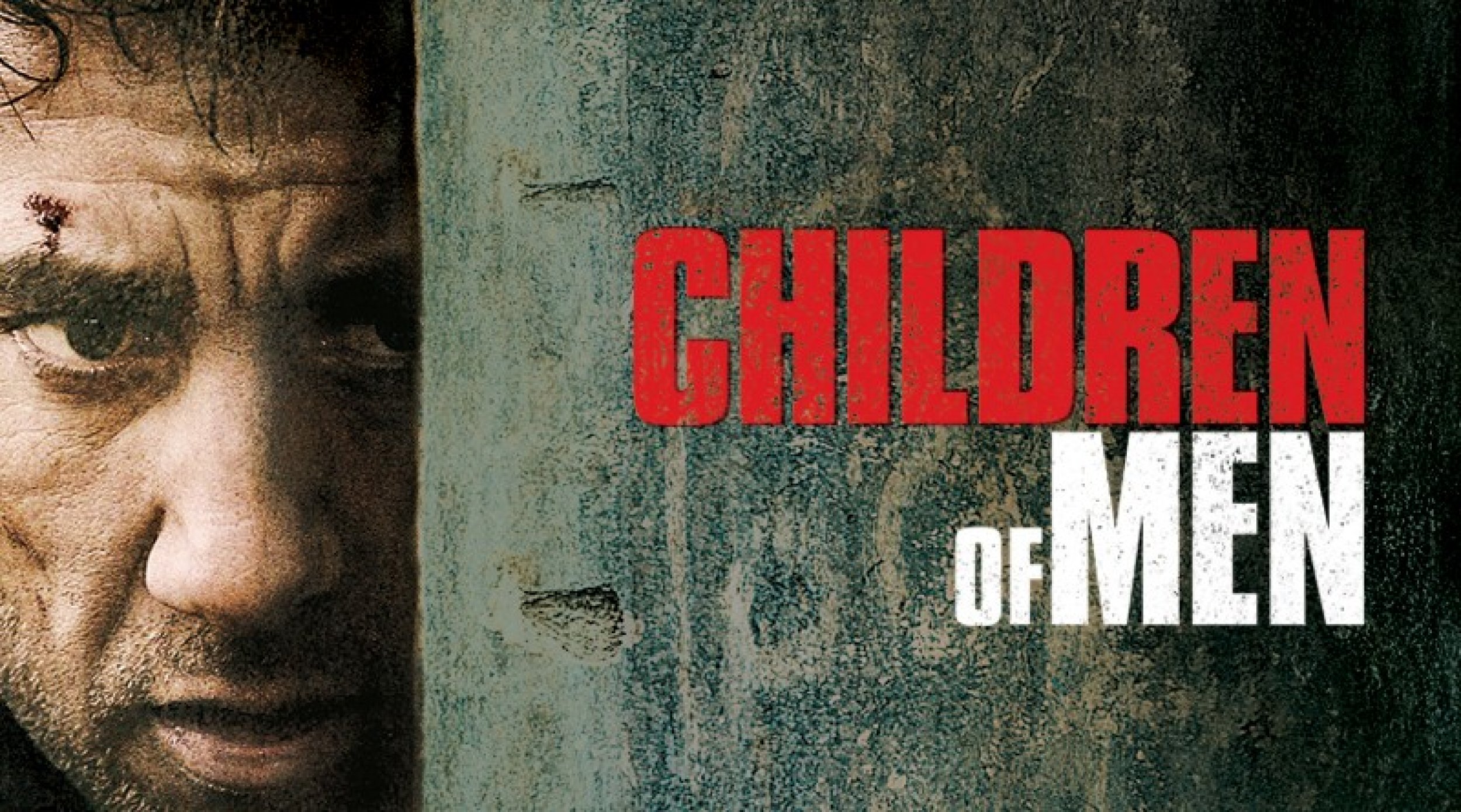

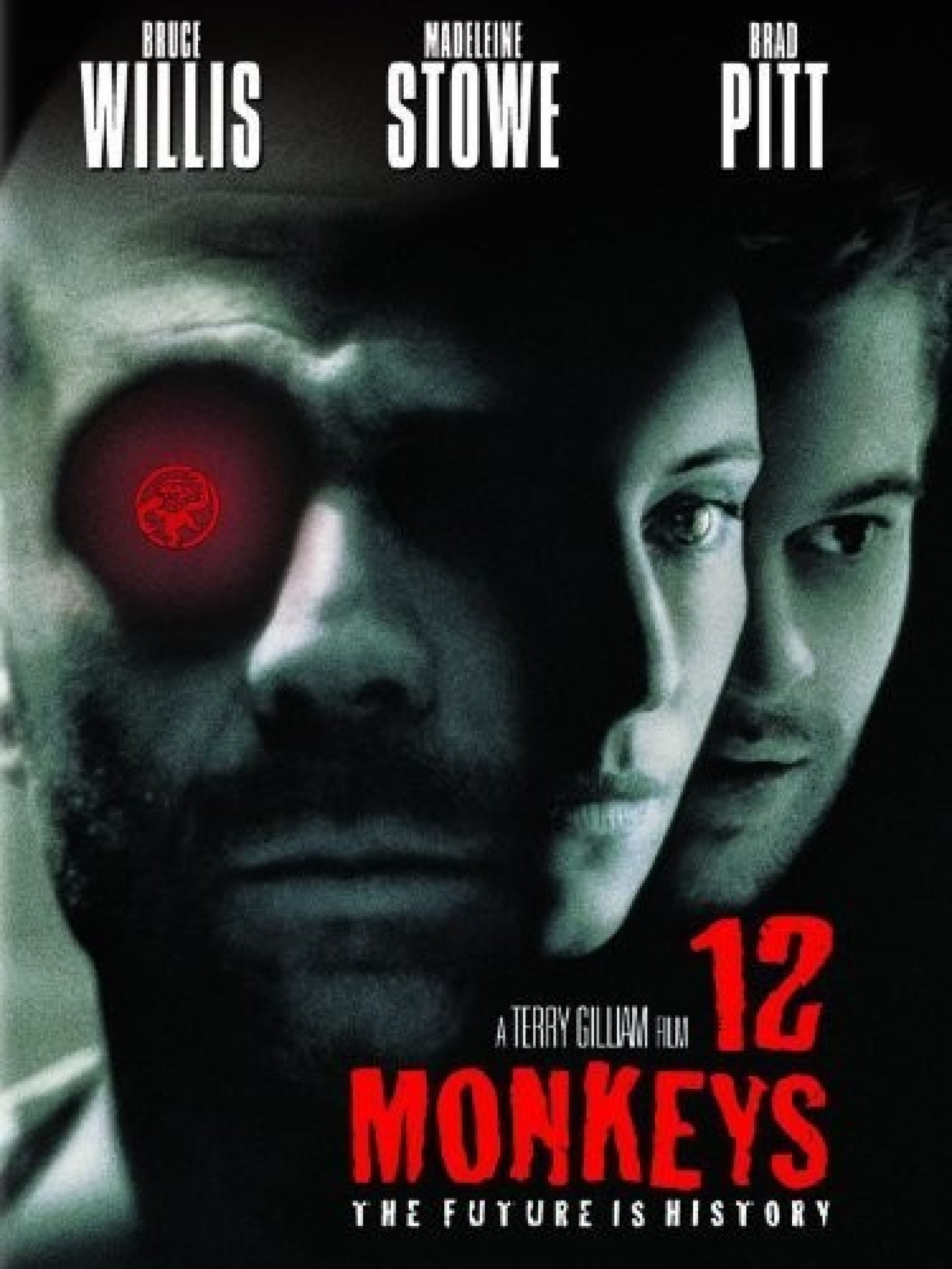
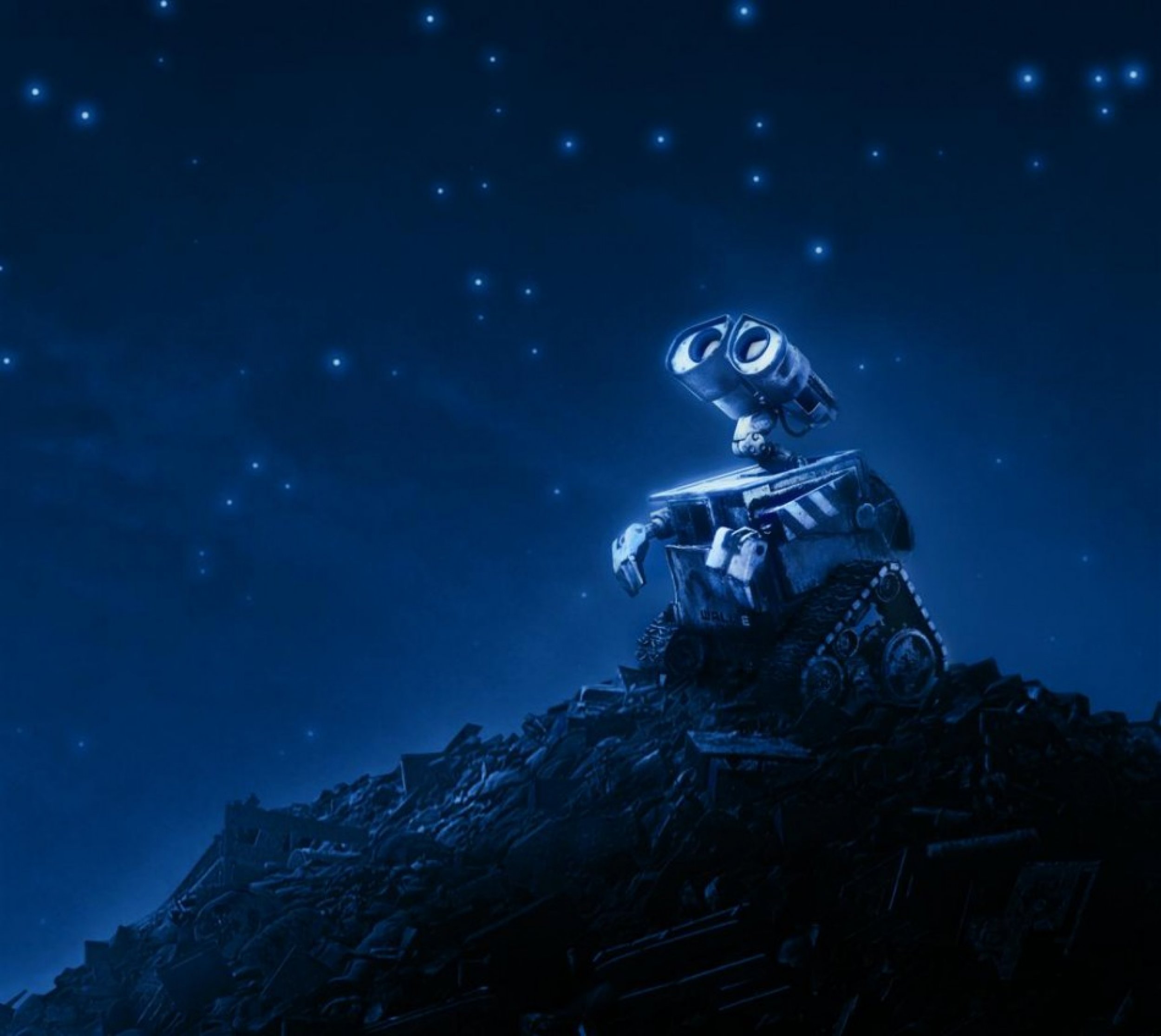
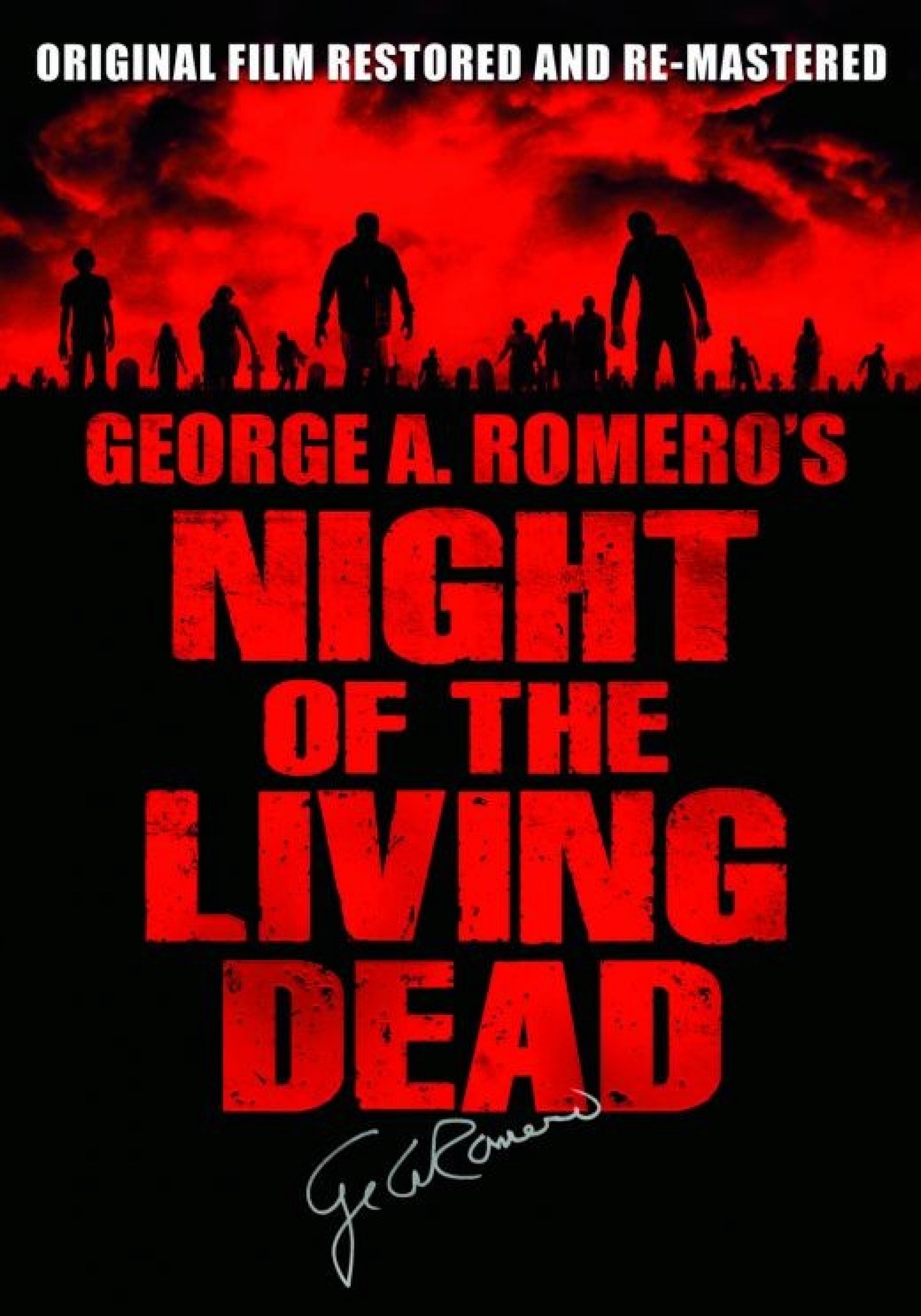
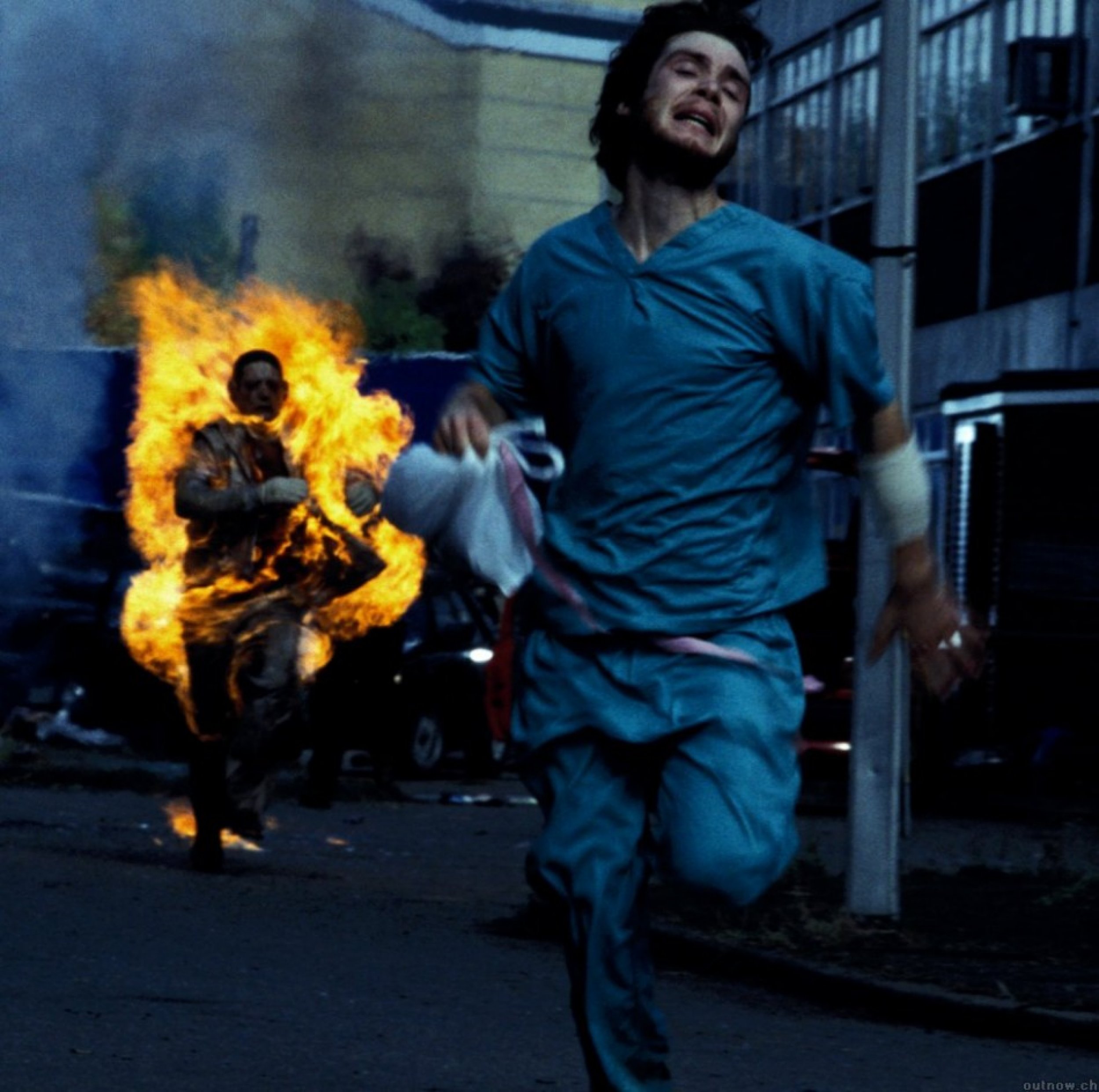
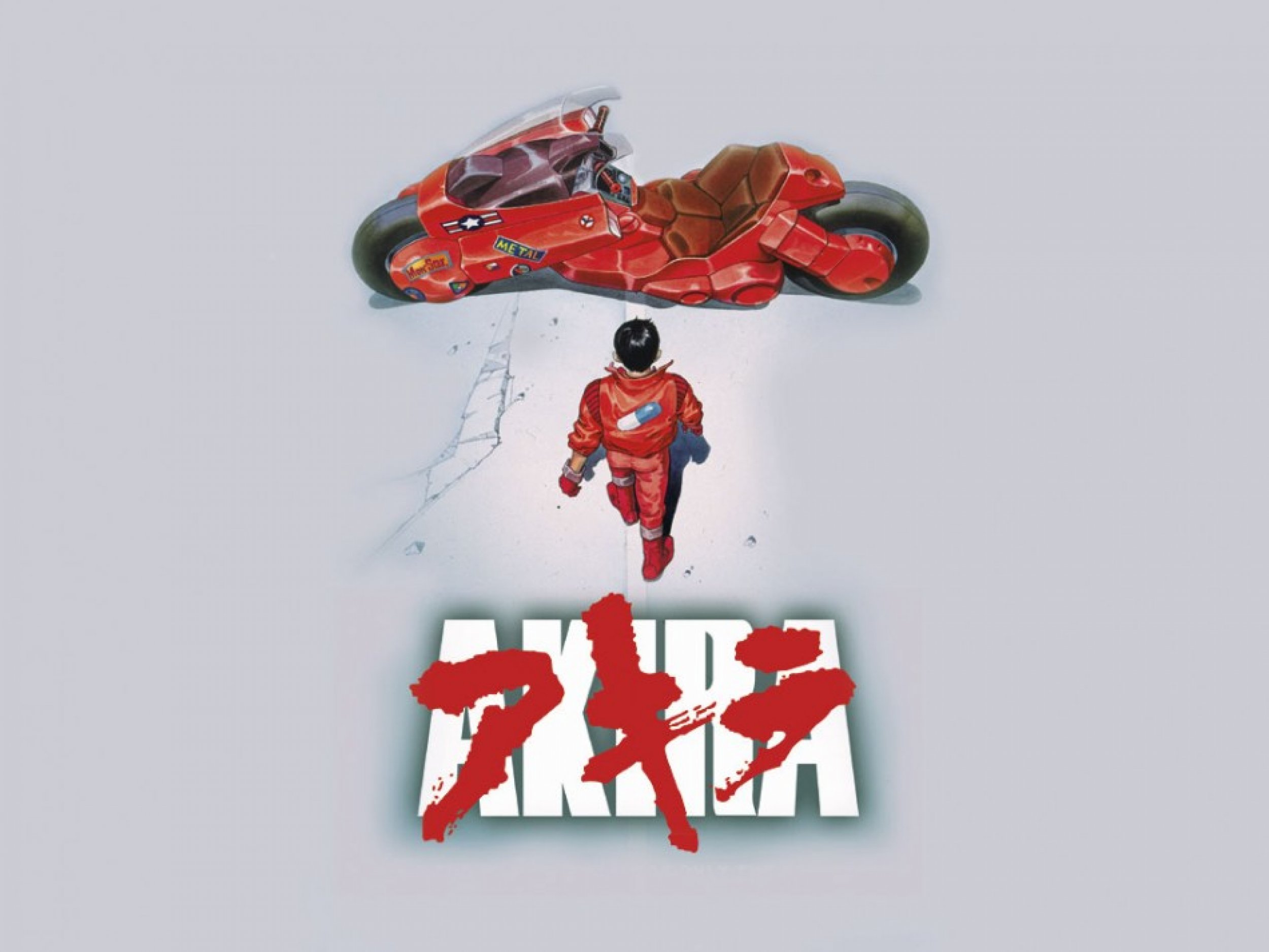
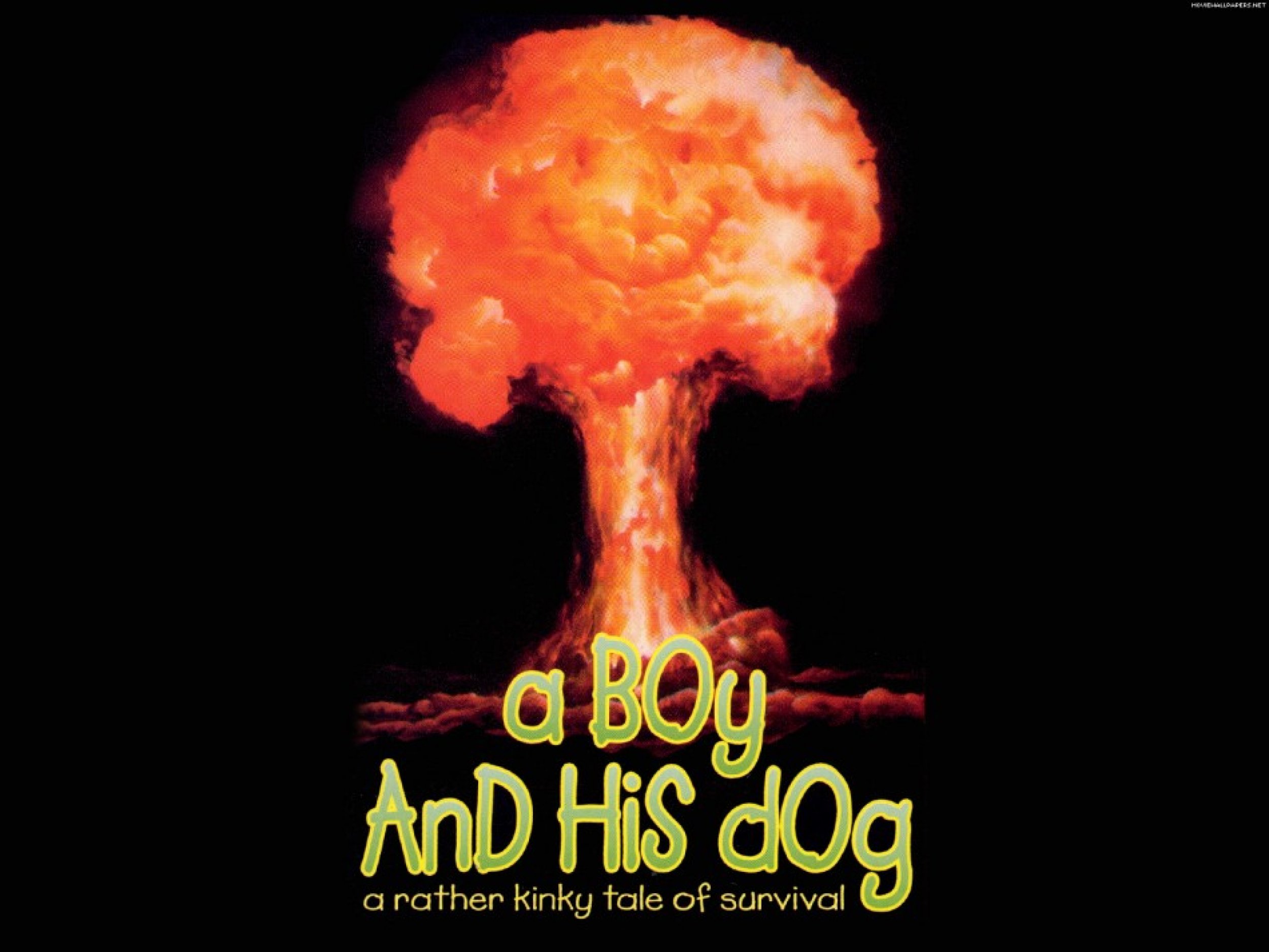
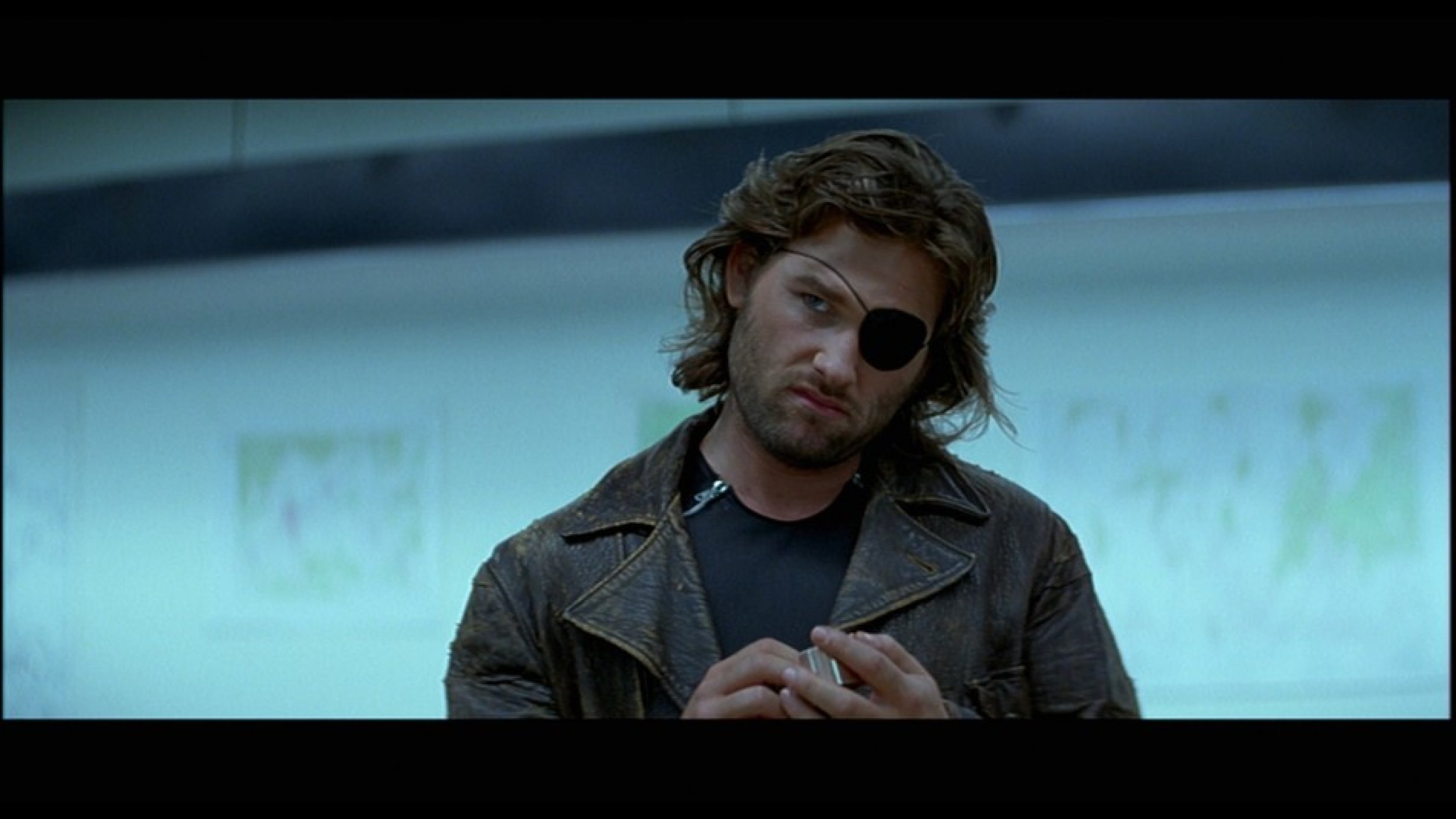
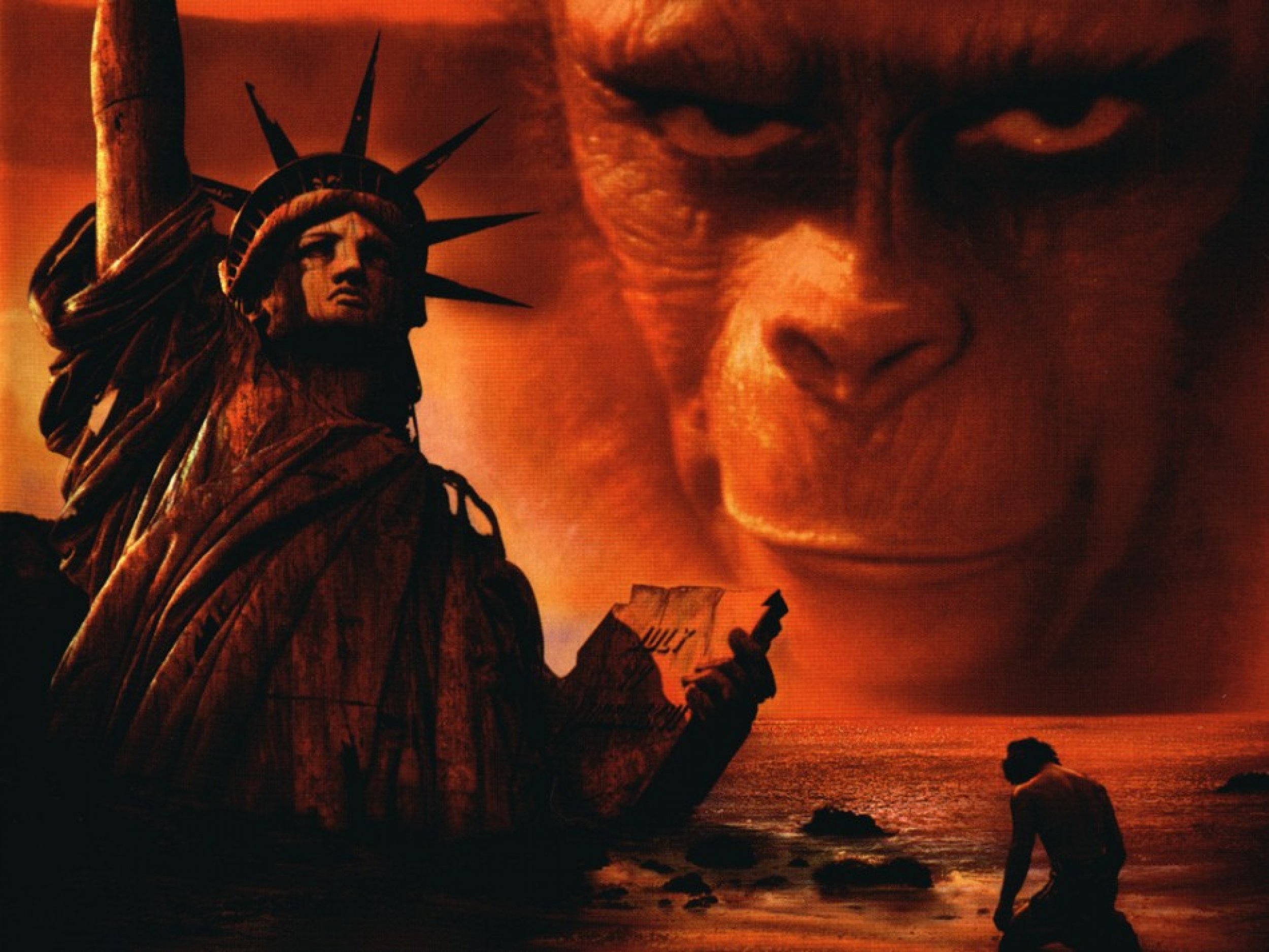
© Copyright IBTimes 2024. All rights reserved.











